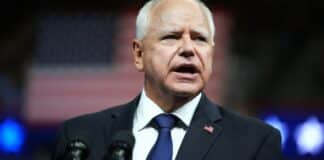China has confirmed that President Xi Jinping will not attend the G20 summit in Johannesburg, scheduled for November 22 and 23. Instead, Premier Li Qiang will lead the Chinese delegation, according to an announcement by the Ministry of Foreign Affairs.
Xi’s decision not to attend comes in the wake of a similar move by former U.S. President Donald Trump, who announced that no member of his administration would be attending the summit. Trump cited concerns about violence against white farmers in South Africa—claims the South African government has denied as baseless.
The absence of Xi Jinping is notable, as he attended the previous G20 summit and has used international forums to project China’s global influence. While Beijing has not given a reason for Xi’s no-show, foreign policy experts suggest this does not reflect a withdrawal from multilateral institutions. “There’s no sign China is pulling back from global governance platforms,” said Scott Kennedy of the Center for Strategic and International Studies. “The G20 still plays a key role in advancing China’s global messaging.”
Xi and Trump’s nonattendance follows the already-expected absence of Russian President Vladimir Putin, who is avoiding international travel due to an active International Criminal Court arrest warrant. Argentine President Javier Milei and Mexican President Claudia Sheinbaum are also skipping the summit, adding to concerns about diminished engagement.
The wave of high-profile no-shows raises doubts about the summit’s influence this year. South Africa, hosting the G20 for the first time, had planned to leverage the presidency to highlight African economic challenges and solutions. Key agenda items include debt relief for developing countries, energy transition strategies, and addressing trade imbalances amid global geopolitical tensions.





